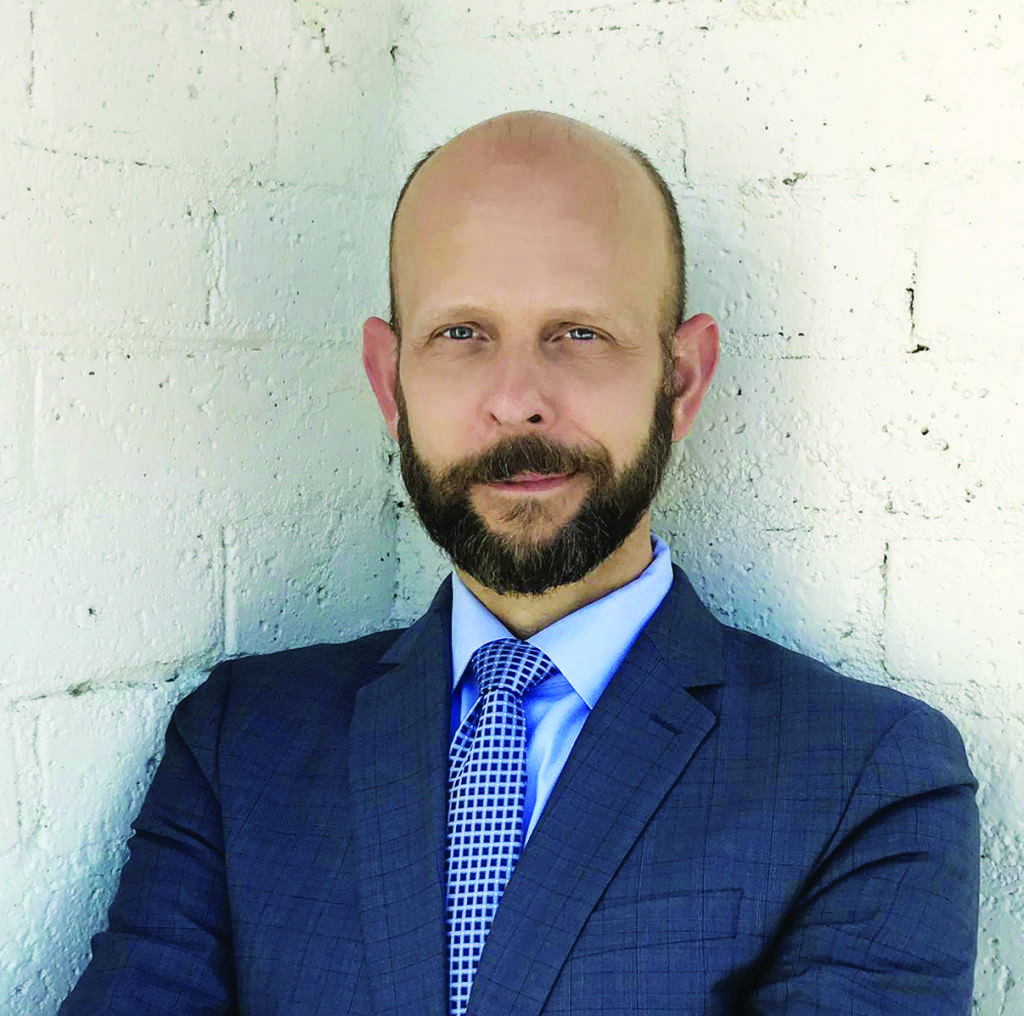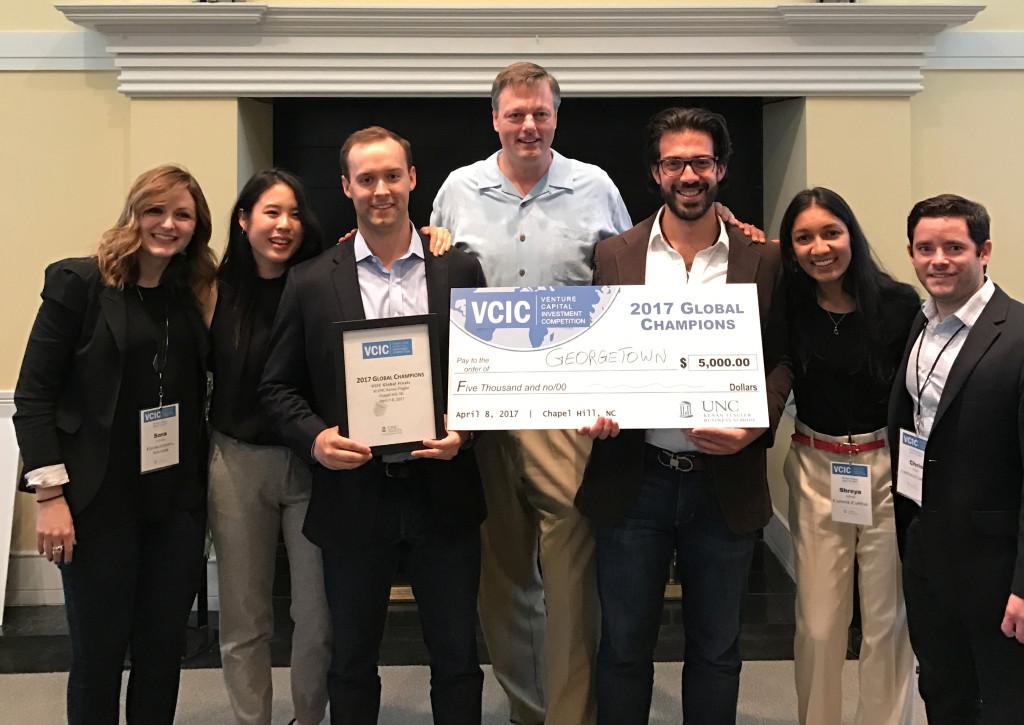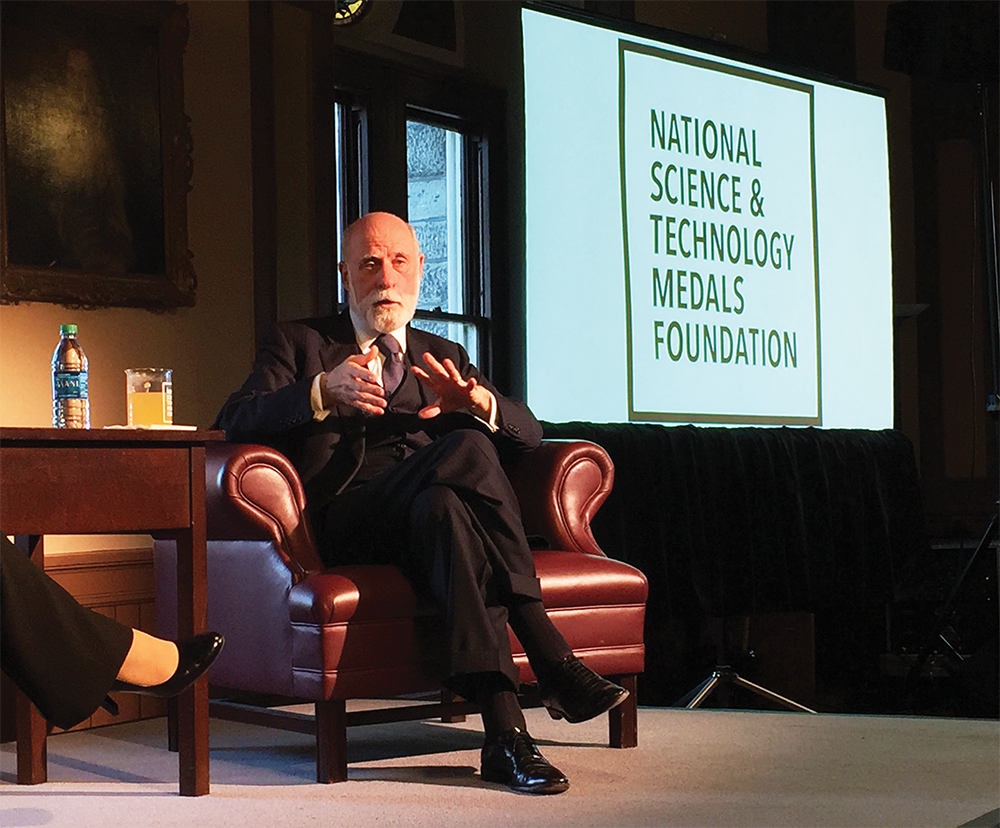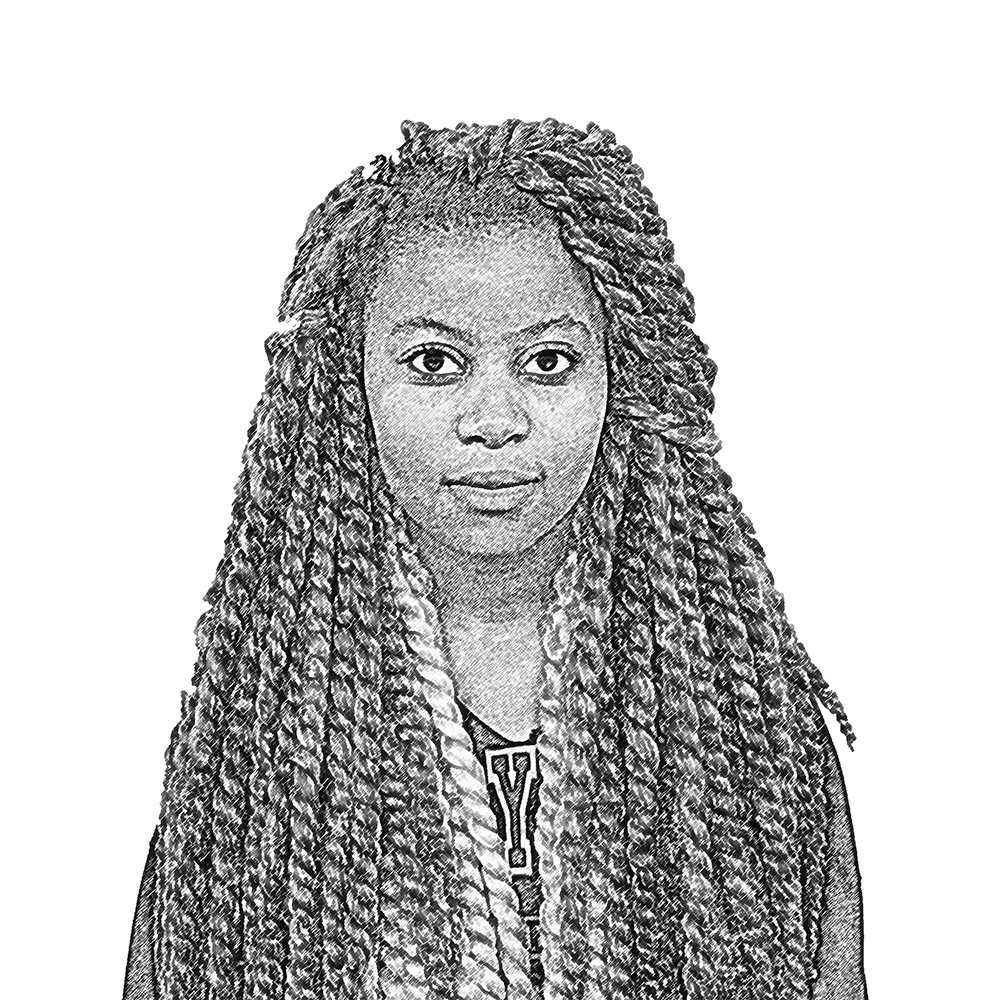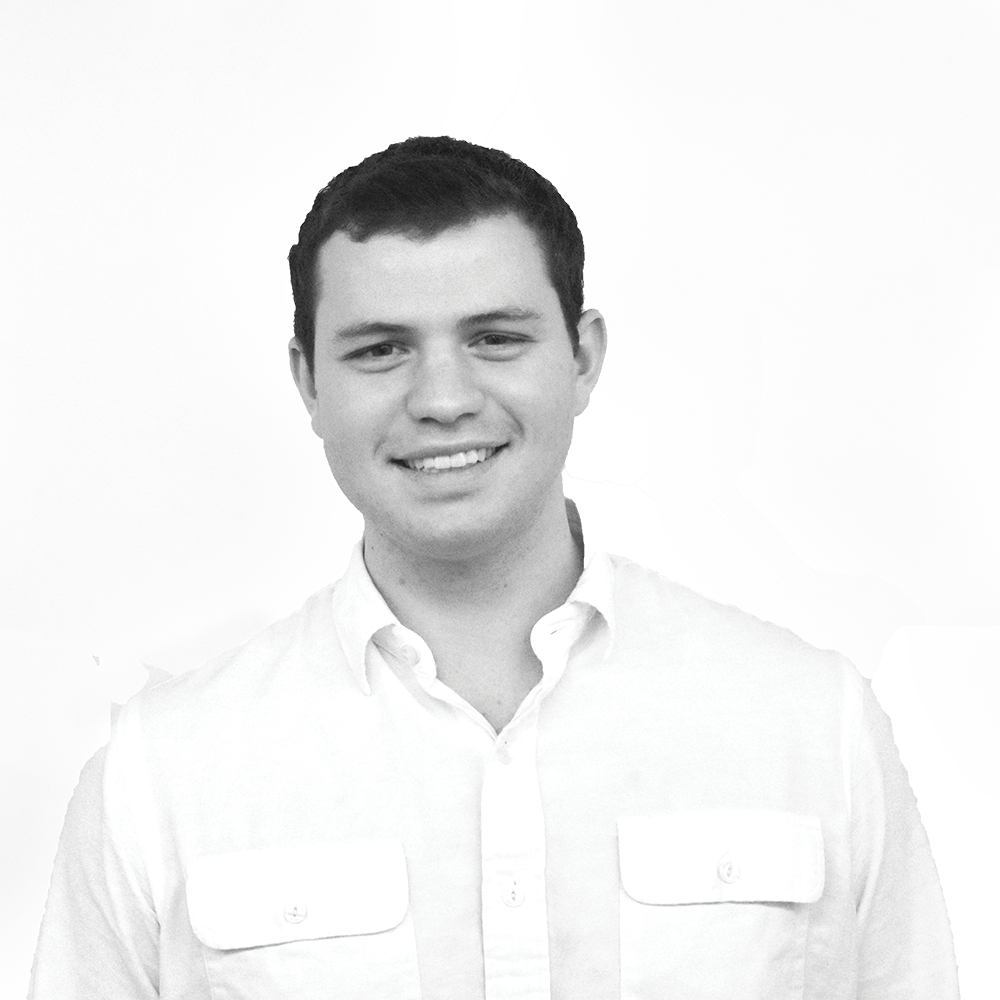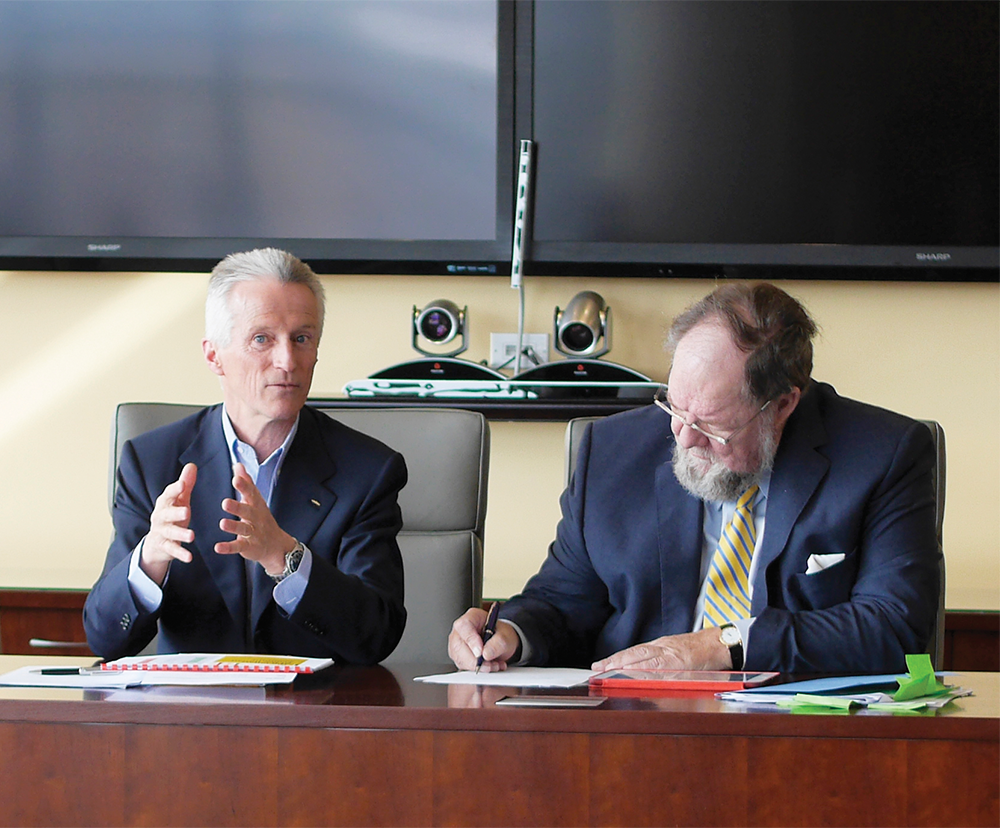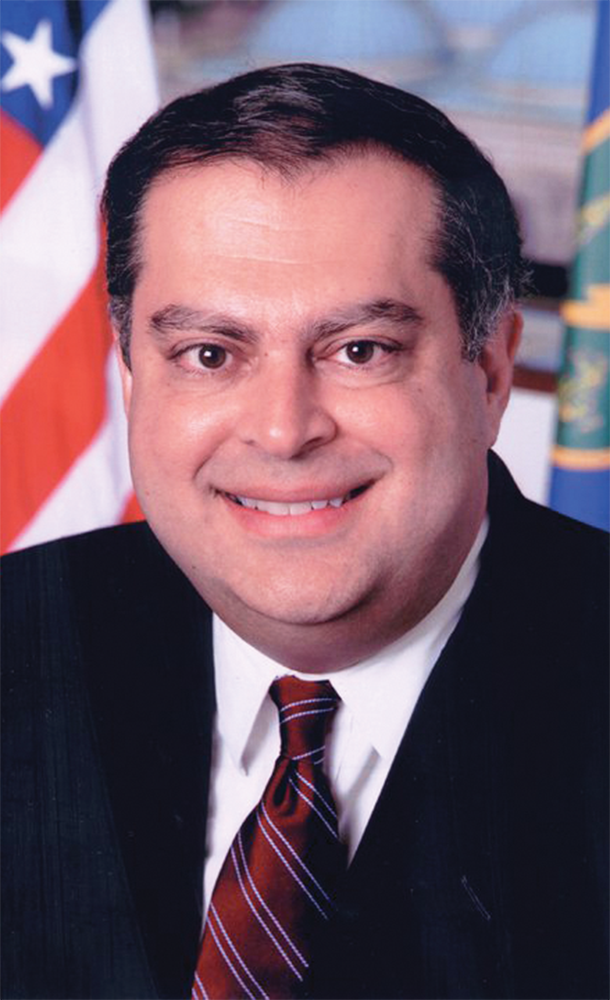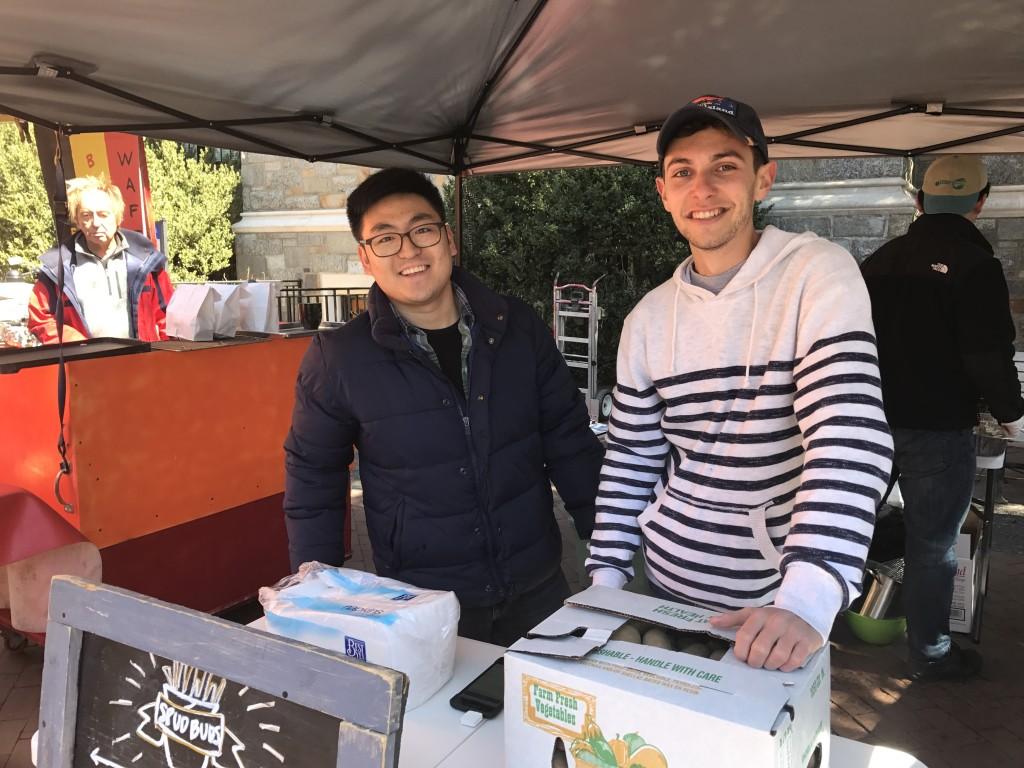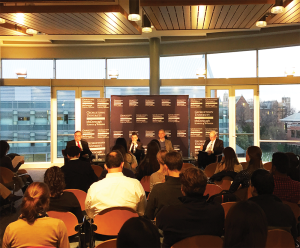
Jonathan Rothwell, Philippe Le Corre and Anders Åslund discussed the implications of the recent rise of golbal populism on international trade relations and immigration.The McDonough Global Student Association held a panel at the Fisher Colloquium to discuss the recent surge of populism and its significance for the global economy March 20.
Speakers for the event included Atlantic Council Senior Fellow Anders Åslund, Gallup Senior Economist Jonathan Rothwell and Brookings Institution Senior International Affairs Analyst Philippe Le Corre. The panel was moderated by Managing Director of the Business and Public Policy Initiative at the McDonough School of Business James Moore.
Moore said at the beginning of the event that there is a global tendency to reject established political structures and traditions in favor of alternative currents, most notably populism.
“There seems to be a nervous energy taking place as populism has become the word of the day, rather than establishment,” Moore said.
According to Moore this trend is unprecedented in American politics, as the United States has never witnessed a wave of populism like the one embodied by the Trump administration.
“It’s rather ironic, of course, that the United States, which has been arguably the prime mover in the move towards globalization, now favors the construction of walls, has advocated for protectionism in the midst of free trade and brought the term ‘economic nationalism’ back to the forefront,” Moore said.
Jonathan Rothwell discussed Gallup’s research on populism in the contemporary United States that identifies trends growing alongside the rise of President Donald Trump. Rothwell said the research has exposed some common ideological and demographic threads such as anti-trade and anti-immigrant beliefs.
“They don’t like immigration and they don’t like trade. There is some political science research that has found that people who express preferences that would characterize them as either racism or nationalist, or having some sense of cultural superiority are also more likely to oppose globalization.” Rothwell said.
In addition, many of those who are not in favor of globalization tend to be older white males, according to Rothwell.
“So in some ways there is a cultural bias against globalization that coalesces in America at least among older, white males,” Rothwell said.
Rothwell later distinguished three forms of populism—anti-elitism, authoritarianism and nativism — all of which he argued could be seen in the Trump administration.
Åslund, who has experience in economic advising for Russia and Ukraine, shifted the discussion to Russia’s increasingly aggressive role in the international political scene and President Vladimir Putin’s motives. Åslund noted that Russia seeks to fight and win small wars to bolster domestic support to compensate for economic troubles at home.
“As I understand it, President Putin has two motives. One is macroeconomic stability, which he has achieved, but the economy is not growing like it was before 2008,” Åslund said. “What can you do when you cannot offer a rising standard of living anymore? You need small, victorious wars. In the cases of Russian intervention in Georgia and Crimea, Putin’s approval ratings reached new highs.”
Åslund claimed that Putin’s primary concern is the control he holds over his own people.
“I think the central theme with President Vladimir Putin is domestic politics. I think that all his foreign policy is just in order to stay in power,” Åslund said.
Åslund connected this to the previous discussion on Trump and his surprising friendliness with the Kremlin, saying that this was due to his Russian business ties.
“My guess is that he has made is money by selling real estate to dubious people from the former Soviet Union on a massive scale,” Åslund said.
Le Corre, meanwhile, offered insight on the upcoming French election and how it will alter the European political dynamic. When it comes to French presidential front-runner Emmanuel Macron, Le Corre said he represents ideas that oppose the current global populist trends currently seen at a global scale, but he faces Marine Le Pen who represents more of Trump’s populist ideals.
“Macron in many ways contradicts many of the themes that we are talking about tonight. He is pro-market and pro-trade and I believe many young people would be interested in this message,” Le Corre said. “But he could face Marine Le Pen, who basically says we should close the borders, leave the
Eurozone and possibly the EU and go back to the ‘good old times.’”
According to Le Corre, Russia also plays a prominent role in the French elections as Macron, who is critical of Russia, faces off against opponents favoring closer political ties.
“The question is the French elites’ relationships to Russia,” Le Corre said. “Macron is certainly the candidate with most Western, pro-democratic views of Russia, who has been very critical of Putin and the Russian system. Meanwhile, you have other candidates that are really in favor of getting closer to Russia in terms of political relationships.”


